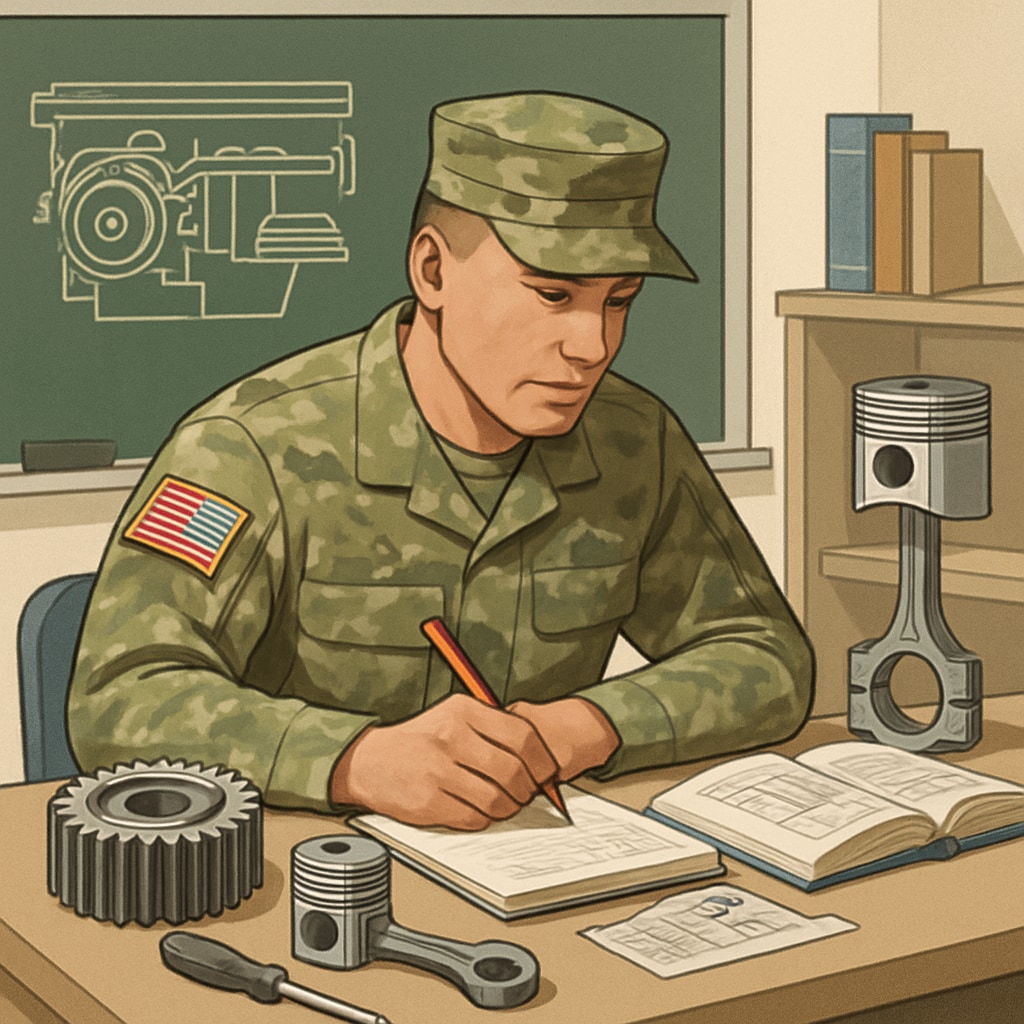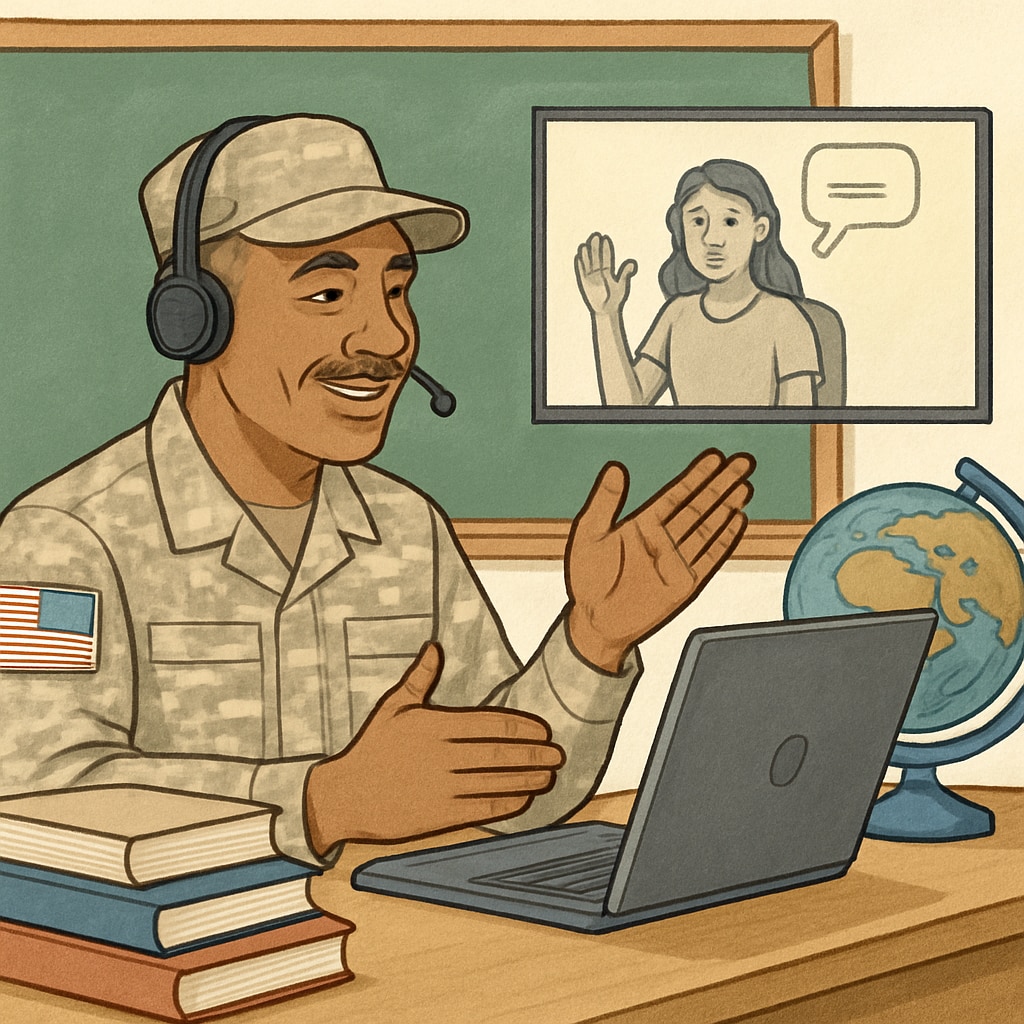Pursuing a higher education degree, such as a bachelor’s degree, is a common next step for those who have earned an associate degree in automotive technology. For military personnel seeking career advancement or transitioning into civilian roles, understanding “automotive technology, bachelor’s degree, credit transfer” opportunities is critical. This article outlines the best pathways for military personnel to leverage their automotive technology background and build a compatible academic future.
Why Transition from an Associate Degree to a Bachelor’s Degree?
An associate degree in automotive technology equips students with practical, hands-on skills needed for technical roles. However, as industries evolve, a bachelor’s degree can unlock higher-level positions, including management, engineering, and specialized technical fields. For military personnel, this transition also provides an opportunity to align their discipline with civilian workforce demands.
Additionally, many bachelor’s programs accept credit transfers from associate degrees, reducing the time and cost of completing the degree. This is particularly advantageous for military members who may have limited time between deployments or specific financial constraints.

Compatible Bachelor’s Degree Options for Automotive Technology
Military personnel with an associate degree in automotive technology have several options to consider when selecting a bachelor’s degree. The key is finding a program that aligns with their technical foundation while broadening career horizons. Popular choices include:
- Automotive Engineering: This degree builds on the technical aspects of automotive technology, delving into design, manufacturing, and performance optimization.
- Mechanical Engineering: A broader field that covers principles of mechanics and design, this degree opens doors to industries beyond automotive.
- Industrial Technology: Focused on the management of industrial systems, this is ideal for those seeking leadership roles.
- Business Administration: For those interested in the business side of automotive services, such as dealership management or entrepreneurship.
These fields not only complement the existing skills of an automotive technology graduate but also expand career options significantly.
Strategies for Effective Credit Transfer
One of the biggest challenges in advancing from an associate degree to a bachelor’s degree is ensuring a smooth credit transfer process. Military personnel should take the following steps to maximize their transferable credits:
- Review Accreditation: Ensure your associate degree was earned from an accredited institution, as this impacts credit transfer eligibility.
- Utilize Military Education Benefits: Programs like the Post-9/11 GI Bill often cover tuition and fees, making higher education more accessible.
- Seek Prior Learning Assessments (PLAs): Military training and experience can often be converted into college credits, reducing the time to graduation.
- Consult Academic Advisors: Work closely with advisors to understand articulation agreements between schools, which outline specific credit transfer policies.
For additional information, resources like Credit Transfer on Wikipedia and the GI Bill on Britannica provide detailed overviews.
Overcoming Transition Challenges
While the transition from an associate degree to a bachelor’s degree offers numerous benefits, it is not without challenges. These may include balancing education with military responsibilities, adapting to academic culture, and navigating financial limitations. Here are some practical tips:
- Flexible Learning Options: Look for programs with online or hybrid formats to accommodate unpredictable military schedules.
- Utilize Support Networks: Many universities have dedicated resources for veterans, including counseling and career services.
- Plan Financially: In addition to GI Bill benefits, explore scholarships specifically for military personnel pursuing STEM or technical degrees.

By proactively addressing these challenges, military personnel can ensure a smoother transition and focus on achieving their academic and career goals.
Readability guidance: This article uses concise paragraphs, lists, and clear transitions to enhance readability. It avoids excessive jargon while providing actionable advice for military personnel advancing their education in automotive technology-related fields.


